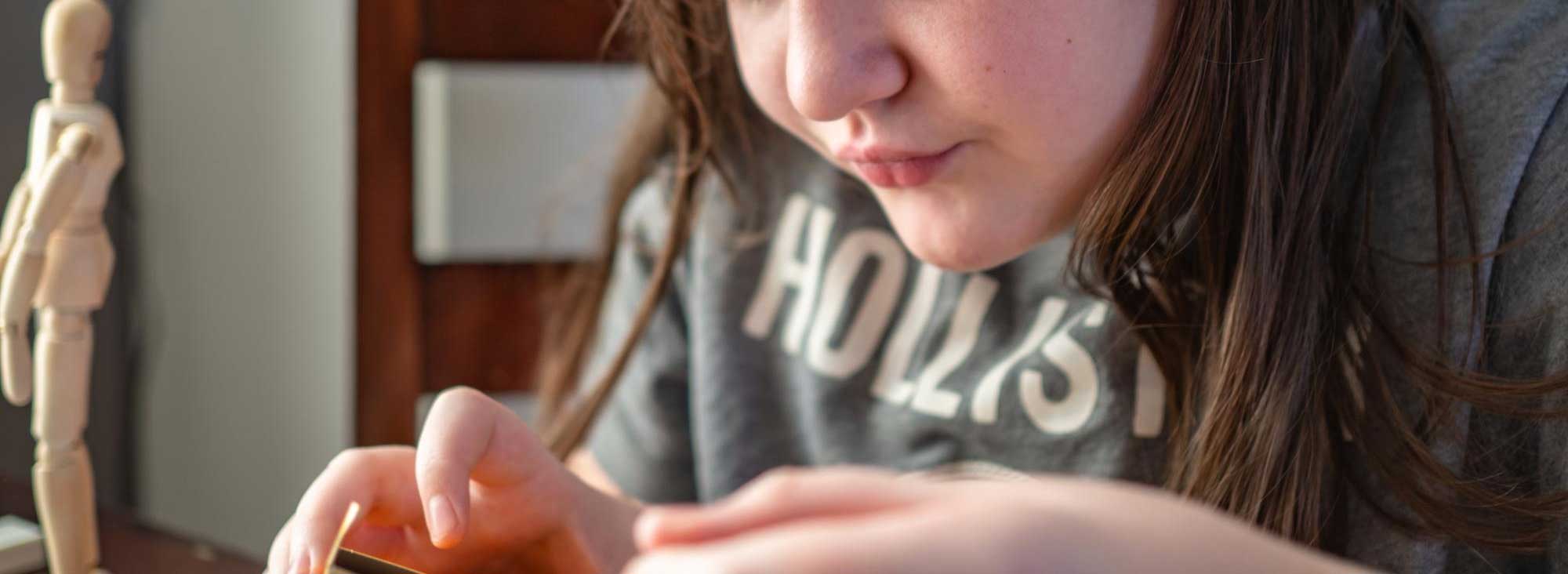Having a child with Autism or Asperger’s is an adventure. It seems some days that it takes all you’ve got (plus a few extra-large cups of coffee) to get through the day between getting out the door to school, therapy sessions after school, getting dinner on the table, homework, baths, and putting the kids to bed. It’s easy to get caught up in the minute-by-minute and day-to-day and miss the fact that before your very eyes: your child is growing up.
But grow up they do (despite your best efforts!). And that means one day, in the not-too-distant future you will have a pre-teen on your hands.
Sexuality Education and Your Child
Most states do not require children participating in special education to access sexuality education in school. This means that you have now acquired one more responsibility: congratulations, you are now your child’s sex ed teacher.
Sexuality education for children with ASD is not optional.
Sexuality education for children with ASD is critical.
As much as you’d probably like to believe that your child will forever remain innocent as the day they were born, the fact is children, including those with ASD are sexual beings. Just like you (and your parents too!). Being sexual is not the same as having sex. Being sexual is about who you are, how you see yourself, and what you do. Being sexual is about the gender roles you play, how you see yourself as male or female – or otherwise, how you act with friends and partners. For younger children, this includes playing games such as house or school. For older children, this includes cooking and sewing or working on cars after school.
For children of all ages, with and without disabilities, being sexual also means learning about their bodies, and more importantly that they are responsible for their bodies. Children with ASD are not exempt from needing these lessons.
Why it Matters
Your child needs to know about their body. If your child doesn’t know what their body parts are called, how can they tell you when something hurts? How can your child tell you about an inappropriate touch from an adult, if you don’t teach them about different kinds of touch? What response do you expect from your child when they get their first period, if you don’t teach about it? Or your when they have their first wet dream?
For many typically developing children, what they learn from school is augmented with information from parents, television, and peers. Children with ASD typically do not have these kinds of peer interactions and they don’t learn the same way from television and movies. Even more so, your child’s peers will be much more likely to target and make fun of their lack of knowledge in this area.
Your child will also be much more vulnerable to exploitation from adults if not properly educated. This is a scary prospect.
Conclusion
Now, the point of all this is not to scare you into locking your child in the house. Nor is it the point for you to be terrified every time your child leaves the safety of your side. The point is to help you realize just how important it is that you ensure your child has good, accurate, and appropriate sexuality education.
And this just might mean you’ll blush. And squirm. And not always know the answer. And that’s just fine. But you will learn. And then you will teach your child.

